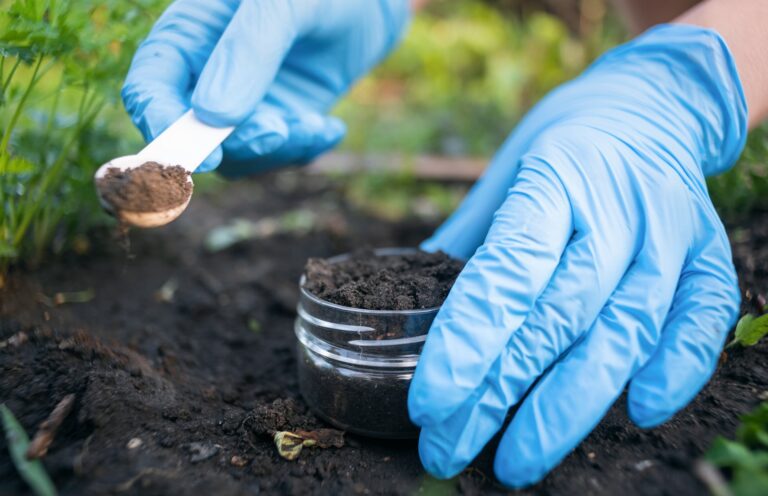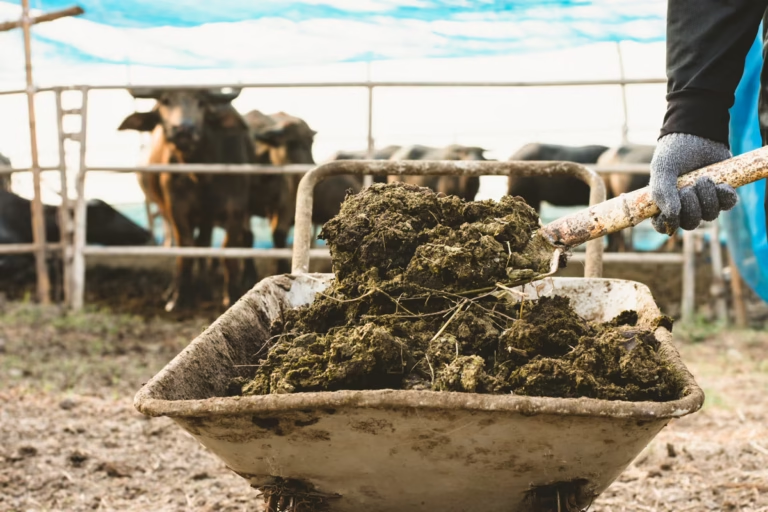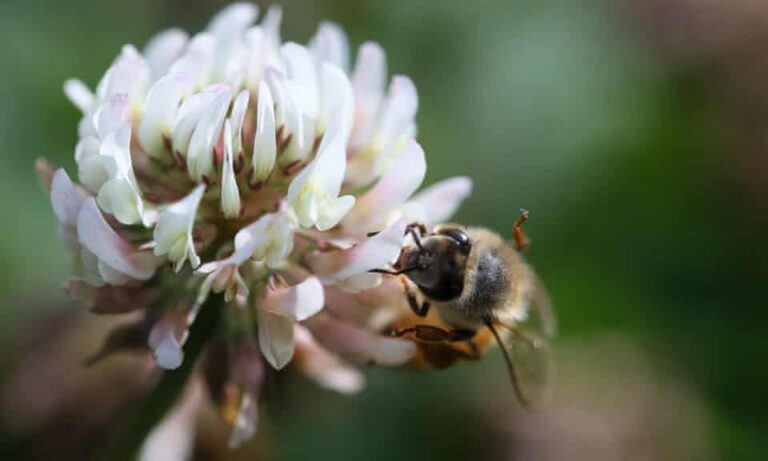Scientists make game-changing soil discovery that could transform agriculture
Photo Credit: iStock Researchers from Japan have achieved an incredible advancement in soil science, according to a summary posted on Phys.org. Japanese researchers created a new method to estimate microbial biomass (the total mass of living microorganisms in soil, primarily fungi and bacteria) from air-dried soils. This method utilizes water-extractable organic matter (WEOM), eliminating the…





